US Targets Kenya and Other African Nations Over Ties to Cuba’s Medical Programme
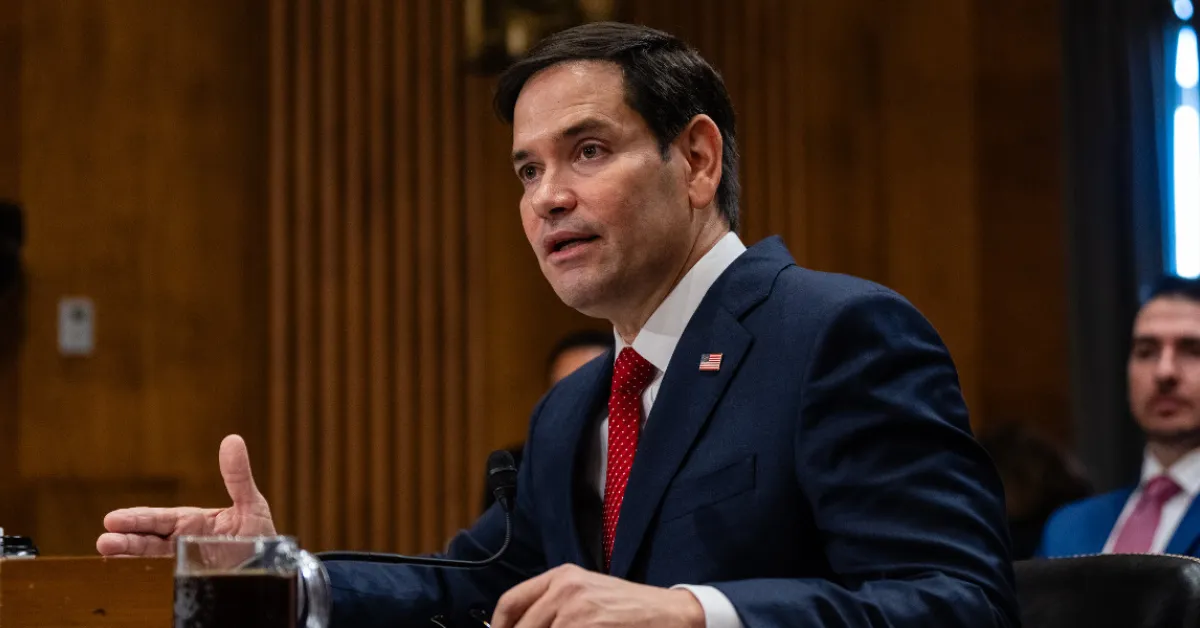
The United States has intensified pressure on several African countries, including Kenya, over their involvement in Cuba’s controversial medical export programme.
Secretary of State Marco Rubio announced that the US would impose visa restrictions on government officials linked to the programme, describing it as exploitative and financially beneficial to the Cuban government at the expense of its own medical professionals.
At the heart of the issue is Cuba’s long-standing practice of sending doctors to work abroad under state agreements with developing nations. While recipient countries have praised the programme for improving healthcare access and addressing shortages, the US argues that many of the conditions Cuban doctors face in these deployments are coercive.
According to the US, the Cuban government withholds a large portion of the doctors’ salaries, limits their freedom of movement, and tightly controls their living conditions. These practices, the US claims, amount to modern-day forced labour.
Kenya, which joined the Cuban medical programme in 2018 under then-President Uhuru Kenyatta, is now among the countries under scrutiny.
Under the agreement, Cuban specialists were stationed in Kenyan hospitals, while Kenyan doctors received training in Cuba. The programme, however, was terminated in 2023, following growing domestic criticism. Kenyan officials cited the need to prioritise employment for local healthcare workers and to invest in strengthening the country’s own medical workforce. Despite the programme’s cancellation, the earlier partnership now places former and possibly current Kenyan officials in the spotlight as the US expands its sanctions approach.
“The State Department is taking steps to impose visa restrictions on several African, Cuban, and Grenadian government officials complicit in the Cuban regime’s coerced forced labour export scheme,” said Secretary Rubio.
He emphasised that the US remains committed to addressing what it sees as exploitation under the guise of humanitarian aid. The US describes Cuba’s medical missions as a major source of income for Havana, arguing that foreign governments pay premium rates for the services of Cuban doctors, while the doctors themselves receive only a fraction of the earnings. Washington claims this system not only enriches the Cuban leadership but also worsens the healthcare crisis at home by sending trained professionals abroad.
To counter this, the US has urged participating countries to pay Cuban medical personnel directly, bypassing the Cuban state. The current payment system, according to the State Department, only serves to empower “regime slave masters” and perpetuate exploitation. This latest move builds on measures first introduced during the Trump administration, which similarly targeted Cuban officials and their partners in other countries.
Cuba, meanwhile, is facing a worsening economic crisis marked by high inflation and shortages of basic goods. The country depends heavily on revenue from its overseas medical programmes, meaning the US sanctions could further destabilise an already fragile economy.

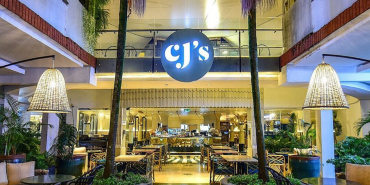
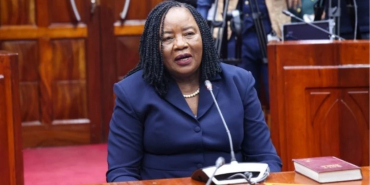
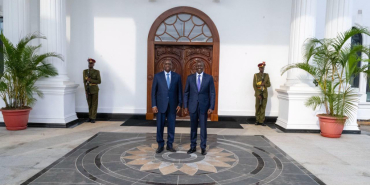

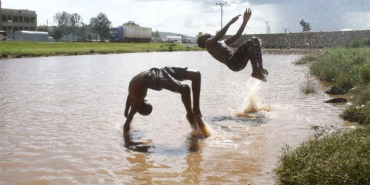
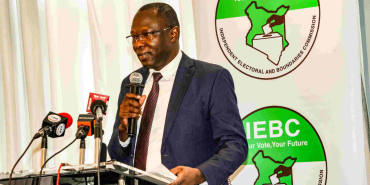

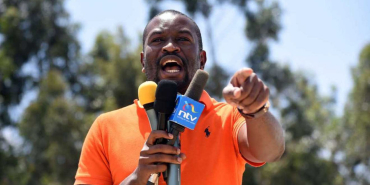
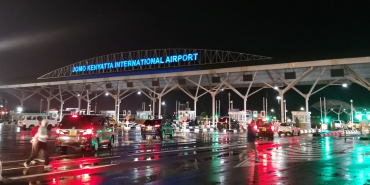

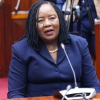
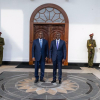

Add new comment